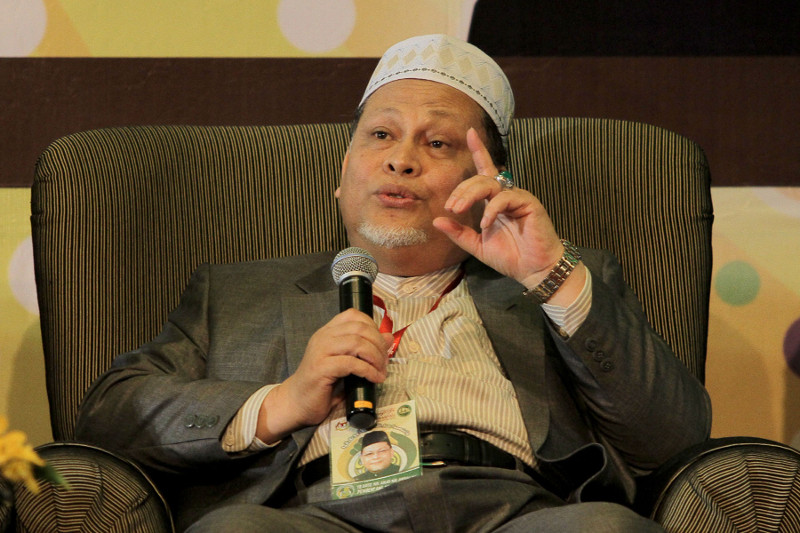KUALA LUMPUR, March 22 ― The Kelantan government is considering a proposal to use the state’s fields and stadiums for public caning sessions and is awaiting public feedback on the matter.
According to the New Straits Times (NST), Kelantan deputy mentri besar Datuk Mohd Amar Nik Abdullah said the venues were proposed at a meeting yesterday, but no decision has been made just yet.
“The secretariat, under the Kelantan Islamic Religious Affairs Department will work with the Sultan Ismail Petra International Islamic College in getting public feedback over the proposals,” he reportedly said, adding that research on the matter will take approximately a month or two to be completed.
“The state government will then make a decision on the venue of the public caning,” Amar said.
Earlier this month, the PAS government in Kelantan said it will consider adopting a state lawmaker’s proposal for public caning sessions to be conducted after the Muslim Friday prayers.
The suggestion was made in the state assembly by Tawang representative Datuk Hassan Mohamood, who said that the public caning for zina (adultery) would be a good way to begin implementing hudud in the state given PAS’s inability to amend federal laws that currently prevent its enforcement.
Aside from adultery, the PAS assemblyman also suggested that Muslims convicted for consuming alcohol be similarly caned publicly.
PAS is aiming to enforce the Kelantan Shariah Criminal Code II 1993, its version of hudud, but may not do so until legal barriers are removed at the federal level.
It has sought to amend the Shariah Court Act (Criminal Jurisdiction) 1965 or Act 355, which currently only allows the Shariah courts to mete out punishments limited to RM3,000 fine, five years’ jail and six strokes of caning.
But its repeated attempts to enhance the powers of the Shariah courts via private member’s bills in Parliament have never made it to debate despite being put on the agenda.
The Islamist party’s hudud ambition was among factors that prompted the break-up of the Pakatan Rakyat opposition pact, with its former allies rejecting its bid to enforce the strict Islamic law.
PAS then found support from rival Umno, which later formed a joint technical committee with the Islamist party to study the possibility of enforcing hudud.



















